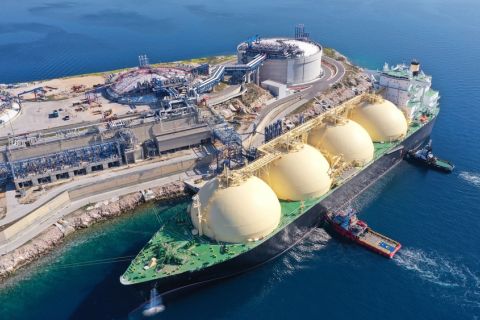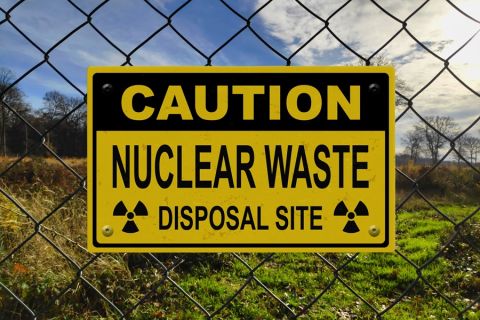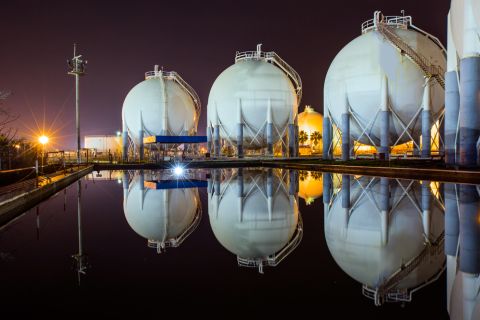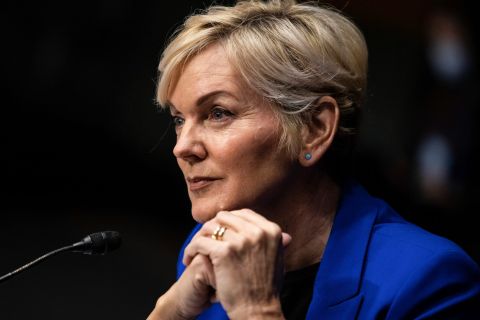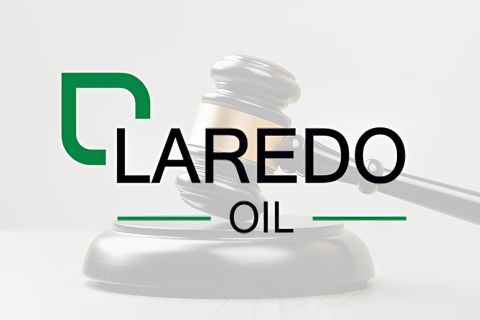There is mounting pressure on multinational oil companies to keep growing while improving returns, on Iraq to get back to full production, on OPEC to stabilize oil supply and price, and on all players to increase natural gas output in North America, an energy consultant says. In a wide-ranging talk, J. Robinson West, chairman of Washington, D.C.-based energy consultancy PFC Energy, outlined several key energy problems at the recent Private Capital for Energy forum, co-sponsored by Cosco Capital Management LLC and Oil and Gas Investor in Houston. The global oil industry is changing in response to these pressures, West said. More consolidation and asset sales will occur. Drilling activity will continue to shift away from the U.S. and North Sea to other provinces. Many new independents are likely to be created. "You're going to see a lot more assets come on the market from North America and the North Sea, and the majors will withdraw from nonstrategic areas. Until recently they pursued capital efficiency and volume growth, but now they realize they cannot get volume growth, so they are emphasizing efficiency." Likewise the largest North American independents, whose production now rivals that of the majors just a few years ago, find they can no longer get the growth or scale they need in North America. They, too, will increasingly have to operate abroad, West said. "For the majors, North America is ex-growth and pretty soon, it will be ex-profit." But, their portfolio rationalization will create new opportunities for smaller companies and start-ups. The international solution has its problems, though. Only 13% of the world's reserves are accessible to the major oils and large independents, he added. The rest is in the hands of government oil companies or Russian companies. Too, many core areas are maturing so exploration is shifting to the non-OECD nations where risks are higher. Returns in a place like Iraq are low, take time, and tie up a lot of capital. "A lot of money will be made in Russia, but it won't be made by you," he told the independents in the room. That's because the Russian oligarchs have carved up the country and hold all the key assets. "The world is tribal and if you aren't part of the tribe, you're not going to make money. I don't care if it's in South Louisiana or Russia or Africa, everybody knows somebody." Whether Iraqi oil production comes back or not, Saudi Arabia will remain the world's swing producer. And even if the U.S. did not import any Saudi oil, global prices would still be determined by Saudi oil production policy, West said. "Saudi Arabia is the central bank of oil. It supplies liquidity and stability. It had an enormous surge of production when Venezuela went down. It will continue to be the lynchpin, and Russia will never be that." West thinks OPEC will be under a lot of pressure next year as non-OPEC production continues to grow, boosted primarily by surging Russian production. This year, non-OPEC production is expected to increase in three out of four quarters. A lack of production is the problem facing North America. Continental gas supplies are extremely difficult to grow quickly, no matter how high the price goes, and even though demand increases. "There is not much left to do but wait for the coming train wreck. We may have a train wreck this winter, but I guarantee you we'll have a helluva problem by 2007 and all the politicians are running around and don't know what to do." He cited basin exhaustion as a fact of life, coupled with more rigorous production-decline rates and regulatory hurdles. In North America, about one-third of the gas reserves are off limits, another third are de facto off limits and the final third are subject to such regulatory hurdles and burdensome costs that most companies cannot proceed in a timely way. "Energy security also means gas-supply security, but Washington has encouraged demand and discouraged supply. Supply was down 5.6% in 2002. The chemical business is frantic, so chemical production is shifting out of the U.S. because they can't get enough gas feedstock." West fears that skeptical Washington policy-makers will think the industry is crying wolf yet again, and that "not enough will be done about this, and it will be done too late." -Leslie Haines
Recommended Reading
The Problem with the Pause: US LNG Trade Gets Political
2024-02-13 - Industry leaders worry that the DOE’s suspension of approvals for LNG projects will persuade global customers to seek other suppliers, wreaking havoc on energy security.
BWX Technologies Awarded $45B Contract to Manage Radioactive Cleanup
2024-03-05 - The U.S. Department of Energy’s Office of Environmental Management awarded nuclear technologies company BWX Technologies Inc. a contract worth up to $45 billion for environmental management at the Hanford Site.
Belcher: Our Leaders Should Embrace, Not Vilify, Certified Natural Gas
2024-03-18 - Recognition gained through gas certification verified by third-party auditors has led natural gas producers and midstream companies to voluntarily comply and often exceed compliance with regulatory requirements, including the EPA methane rule.
CERAWeek: Energy Secretary Defends LNG Pause Amid Industry Outcry
2024-03-18 - U.S. Energy Secretary Jennifer Granholm said she expects the review of LNG exports to be in the “rearview mirror” by next year.
Laredo Oil Settles Lawsuit with A&S Minerals, Erehwon
2024-03-12 - Laredo Oil said a confidential settlement agreement resolves a title dispute with Erehwon Oil & Gas LLC and A&S Minerals Development Co. LLC regarding mineral rights in Valley County, Montana.

